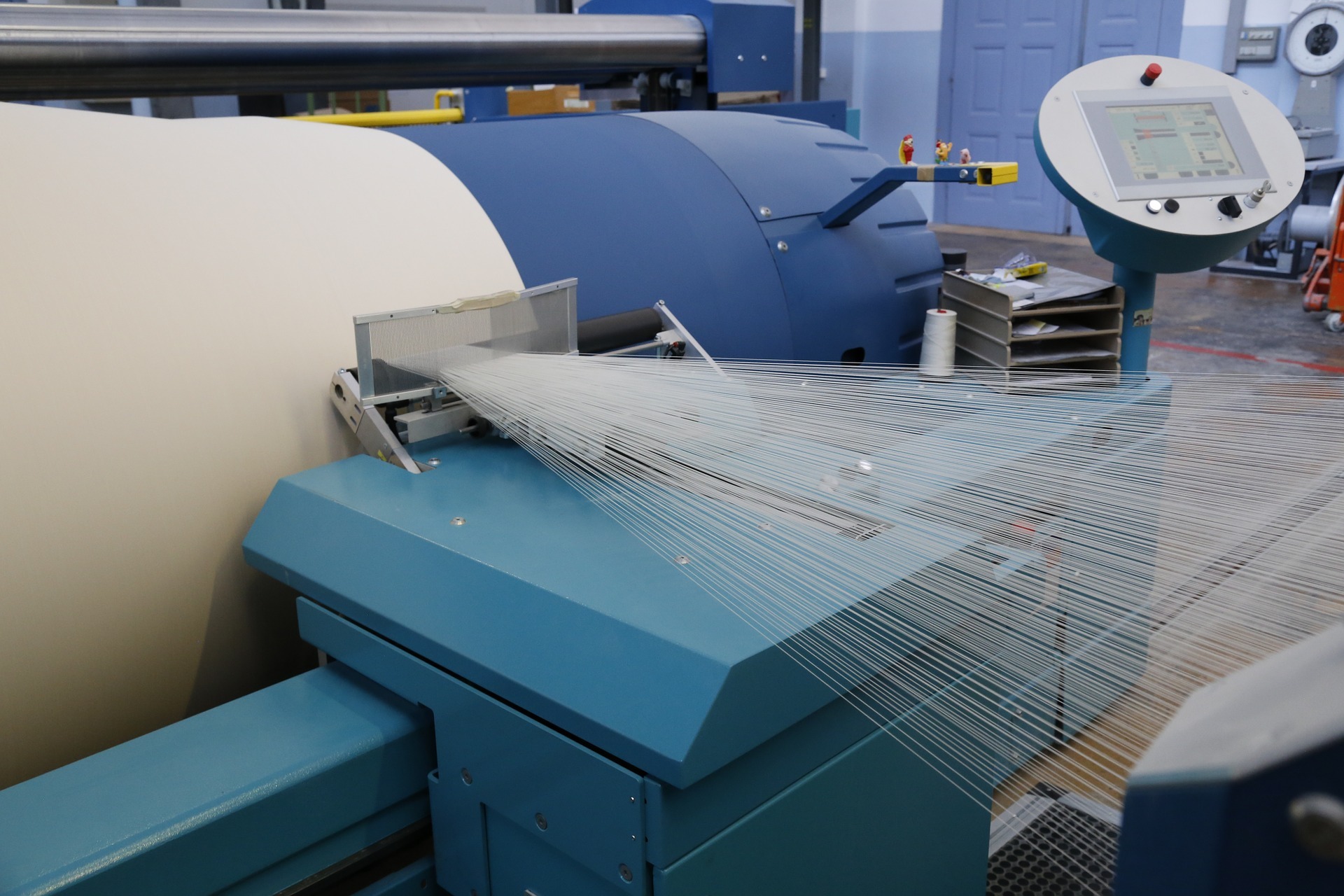LATIA Cluster product line: sustainable, functional, ergonomic products
The textile industry is one of the largest industries in the world. The textile sector employs a large proportion of working adults worldwide. The textile and clothing industry uses a variety of natural (cotton, linen, wool, etc.) and synthetic (polyester, polyamide, etc.) materials, recycles them into yarns and fabrics, and manufactures a variety of products (bedding, clothing, etc.). In today’s world, the textile industry is putting more and more effort to produce products from eco-friendly materials, reduce pollution in the world, and create sustainable, eco-friendly products.
Lithuanian Association of Clothing and Textile Enterprises (LATIA) is implementing the project “LATIA Export Development” that aims to promote the export of Lithuanian products of Lithuanian clothing and textile companies. In order to further increase the export sales of Lithuanian products and to remain competitive participants in the global market, LATIA companies are planning to pay as much attention as possible to the development of the existing markets and the search for new foreign markets in the course of implementation of the project.
One step forward is enough to make the most of the potential of the fragmented Lithuanian clothing and textile industry and to attract consumers of the Western market. The members of the LATIA Export Development cluster have stepped it and started creating a product line, the objective of which is to represent the members of the cluster in the target foreign markets.
As the textile industry is increasing more and more oriented towards sustainable and nature-friendly manufacturing methods, by the decision of the members of the cluster, the product line has the following words in common: sustainable, functional, ergonomic. Each of the 9 companies-members of the cluster will introduce a product combining mentioned keywords.
According to the companies participating in the LATIA Export Development cluster, even though they are operating in the same industry sector, their production and area of operation are rather different yet that is more an advantage than a disadvantage. Therefore, it has been decided to manufacture not one product, but a series of products that would be relevant to different clients and partners. The accumulated competencies, experience, and knowledge of each member of the cluster will help to ensure the development and production of sustainable future products by representing the entire clothing and textile sector in Lithuania.
Lithuanian Association of Clothing and Textile Enterprises (LATIA) is implementing the project “LATIA Export Development” that aims to promote the export of Lithuanian products of Lithuanian clothing and textile companies. In order to further increase the export sales of Lithuanian products and to remain competitive participants in the global market, LATIA companies are planning to pay as much attention as possible to the development of the existing markets and the search for new foreign markets in the course of implementation of the project.
One step forward is enough to make the most of the potential of the fragmented Lithuanian clothing and textile industry and to attract consumers of the Western market. The members of the LATIA Export Development cluster have stepped it and started creating a product line, the objective of which is to represent the members of the cluster in the target foreign markets.
As the textile industry is increasing more and more oriented towards sustainable and nature-friendly manufacturing methods, by the decision of the members of the cluster, the product line has the following words in common: sustainable, functional, ergonomic. Each of the 9 companies-members of the cluster will introduce a product combining mentioned keywords.
According to the companies participating in the LATIA Export Development cluster, even though they are operating in the same industry sector, their production and area of operation are rather different yet that is more an advantage than a disadvantage. Therefore, it has been decided to manufacture not one product, but a series of products that would be relevant to different clients and partners. The accumulated competencies, experience, and knowledge of each member of the cluster will help to ensure the development and production of sustainable future products by representing the entire clothing and textile sector in Lithuania.

